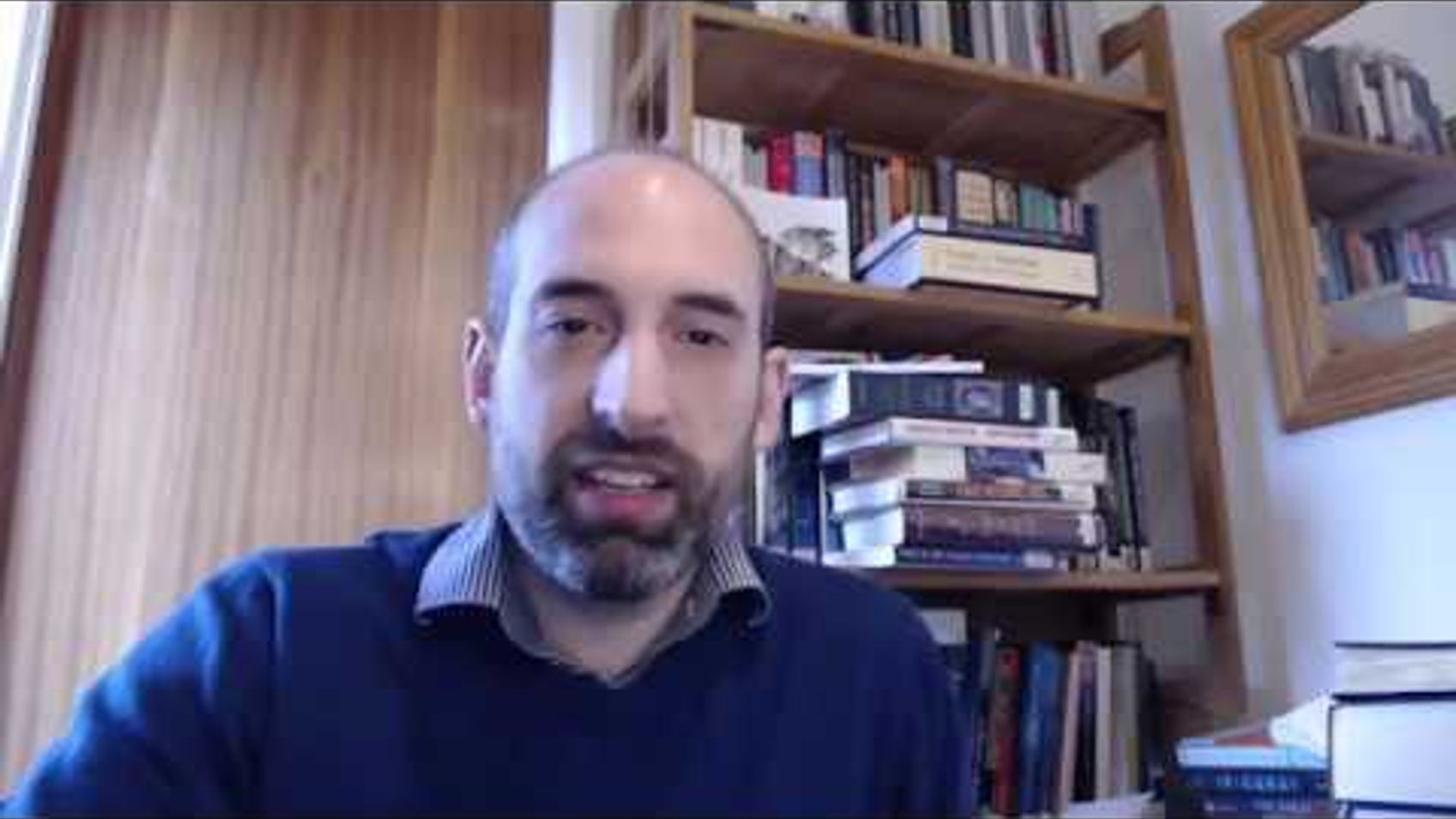Q&A#88 Call No Man Father, Castor and Pollux, and Contraception

Today's questions:
"1.) How can Paul call Timothy his "true child in the Faith" (1 Tim 1:2; cf. 1 Cor 4:17, 2 Tim 1:2) when Jesus forbids calling anyone Father besides God (Matt 23:9)? I'm assuming Jesus meant "call no man a spiritual father" but that seems to not clear up the issue since it seems like Paul is referring to himself as Timothy's spiritual father (maybe in a nuanced sense). Is this situation analogous to how, in the next verse, Jesus tells us to call no man instructor except for the Christ, but we obviously have instructors in the church?
2.) What is the significance of Luke mentioning in Acts 28:11 that the boat Paul was sailing on had the twin gods (Castor and Pollux, I think) as figureheads? That might be an historical detail but was curious.
3.) What should Christians think of contraceptives (specifically non-abortive contraceptives, like condoms and birth control)? Should Christians only use methods of "family planning" or are any methods (artificial or natural) of preventing children from being conceived immoral?"
If you have any questions, you can leave them on my Curious Cat account: https://curiouscat.me/zugzwanged.
If you have enjoyed these talks, please tell your friends and consider supporting me on Patreon: https://www.patreon.com/zugzwanged.
The audio of all of my videos is available on my Soundcloud account: https://soundcloud.com/alastairadversaria. You can also listen to the audio of these episodes on iTunes: https://itunes.apple.com/gb/podcast/alastairs-adversaria/id1416351035?mt=2.
More From Alastair Roberts






More on OpenTheo















